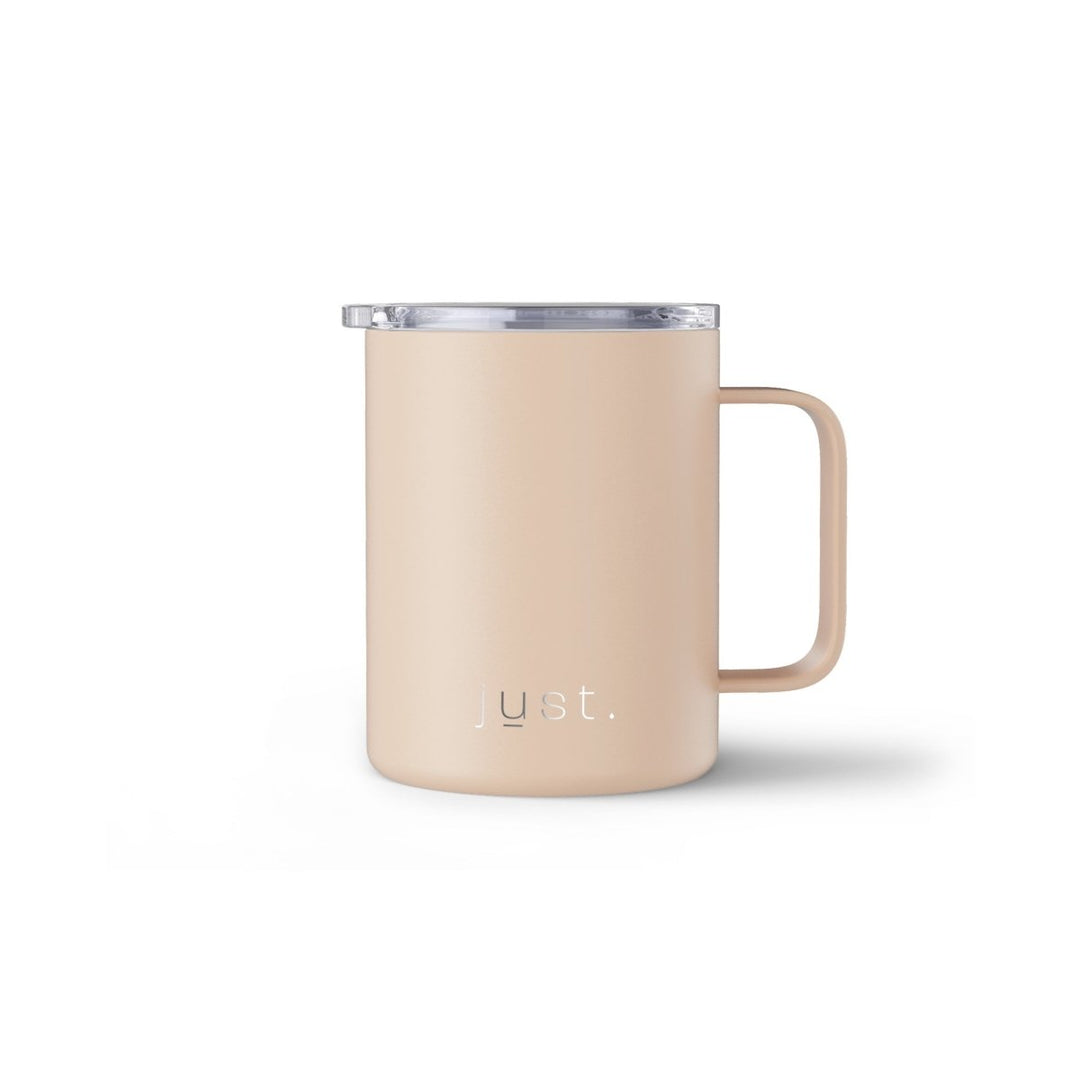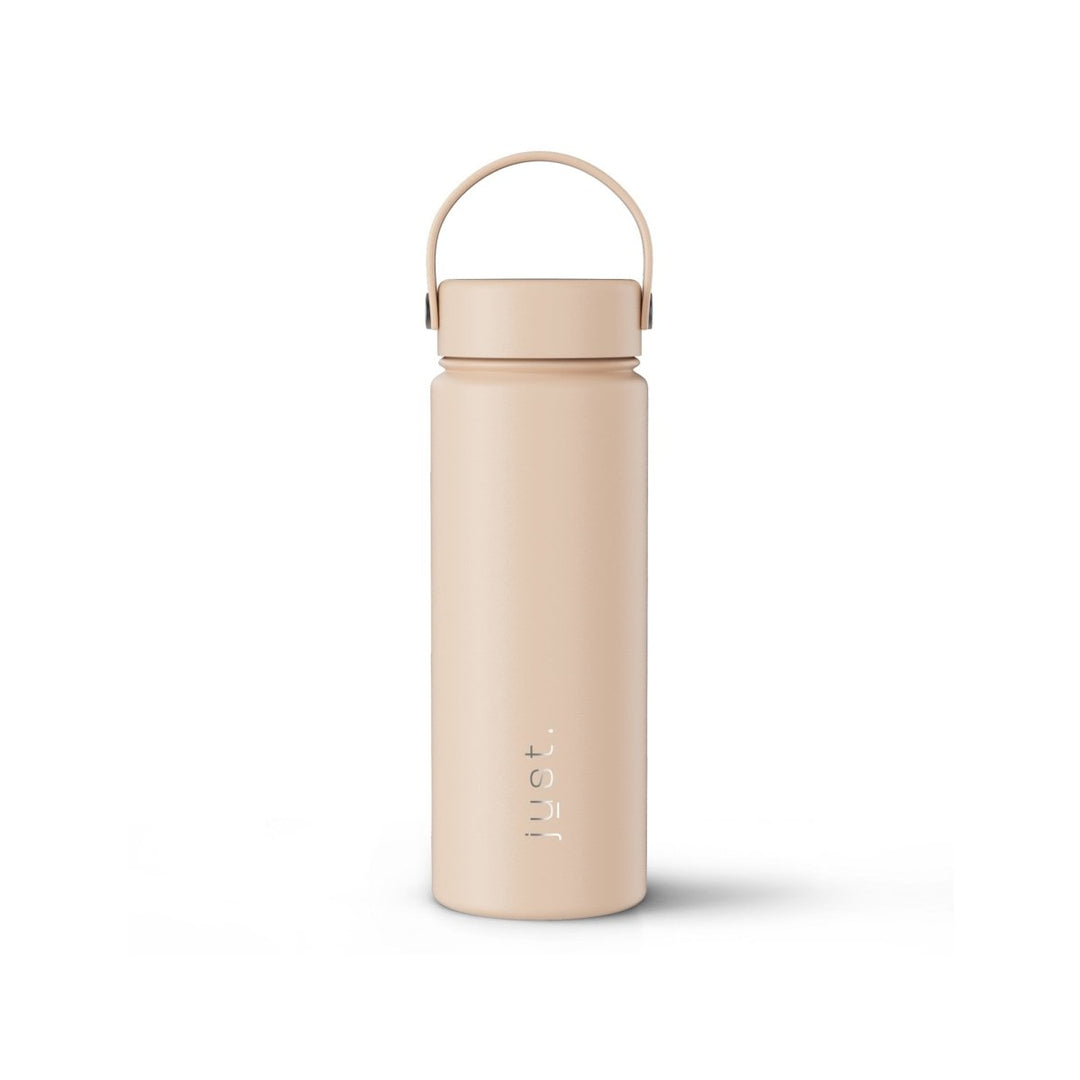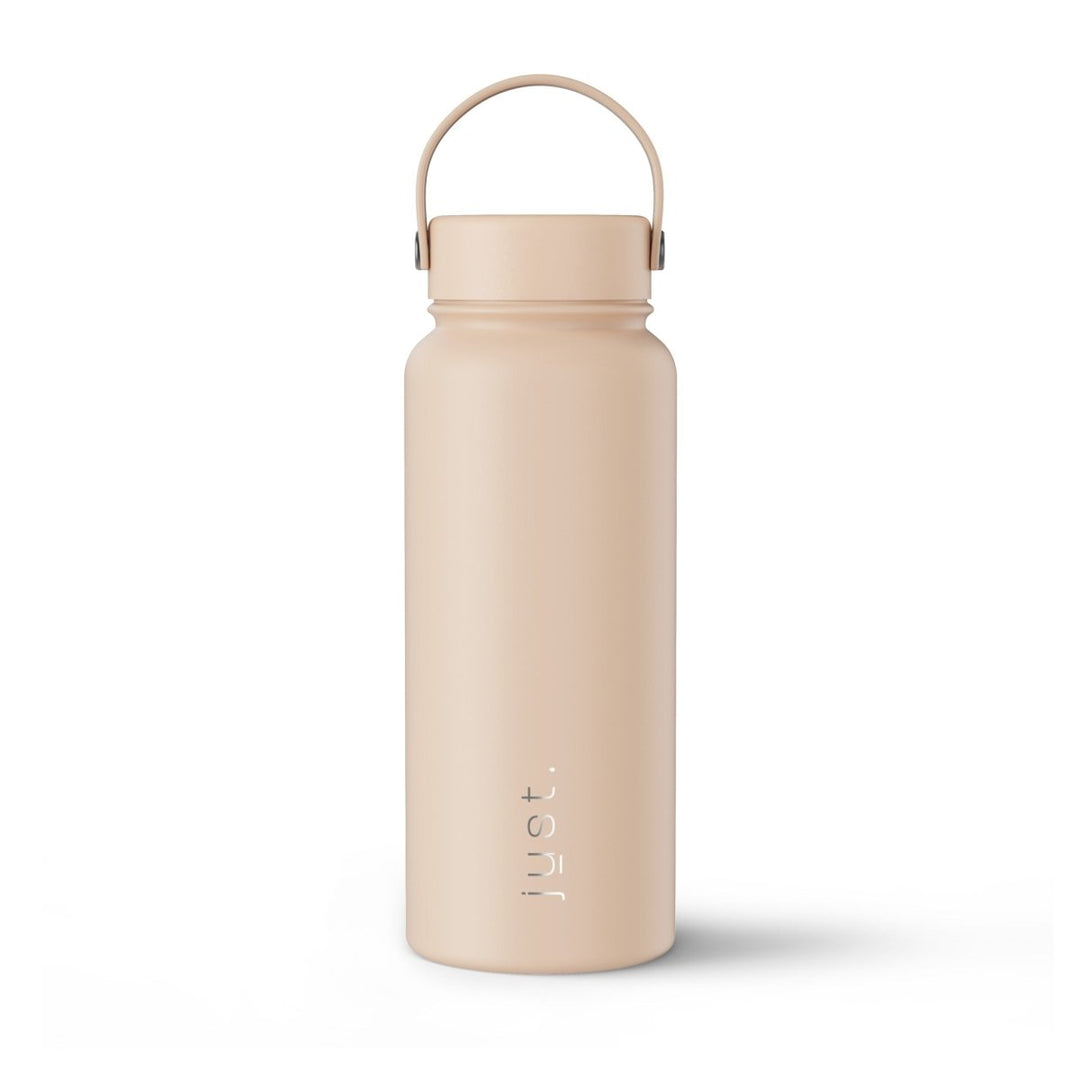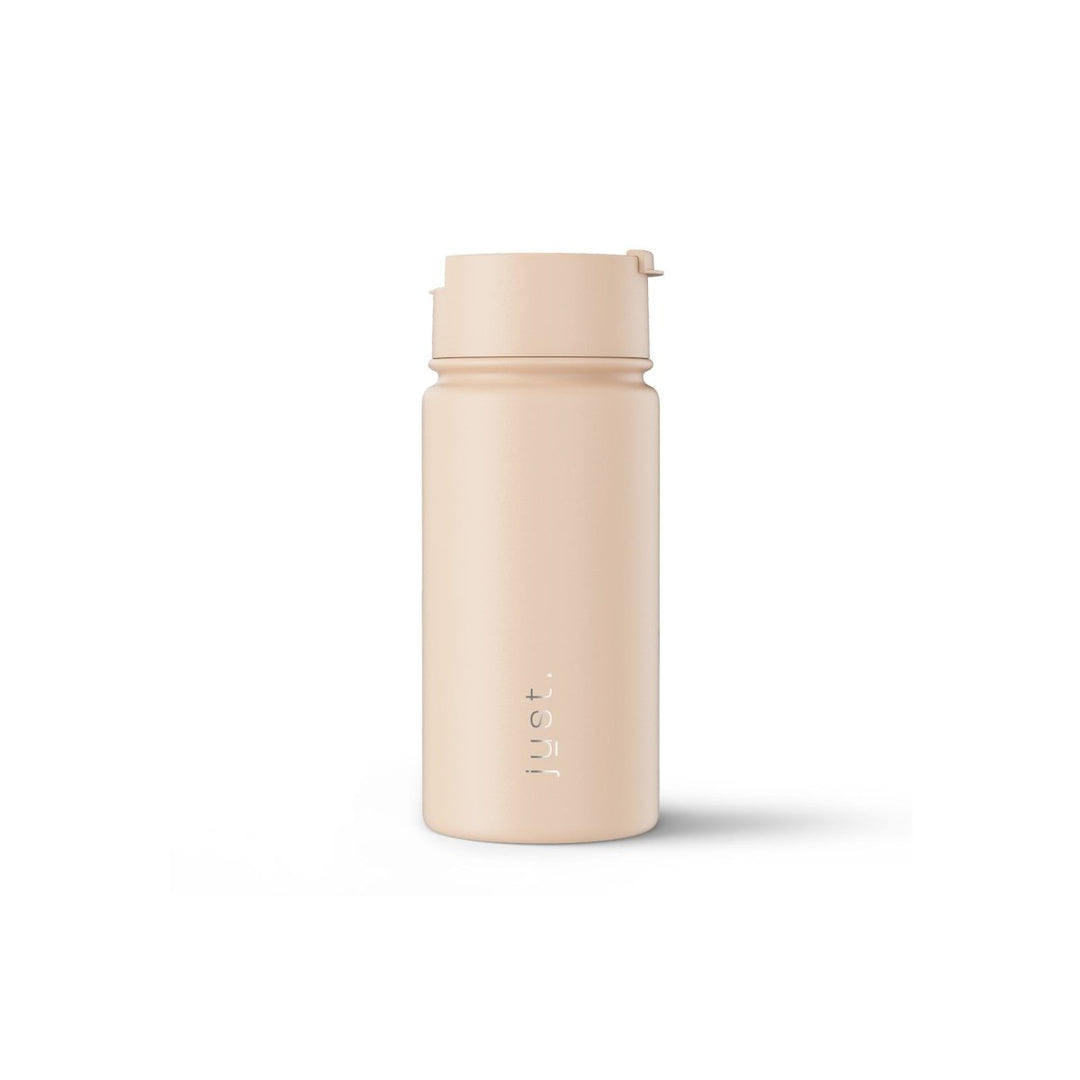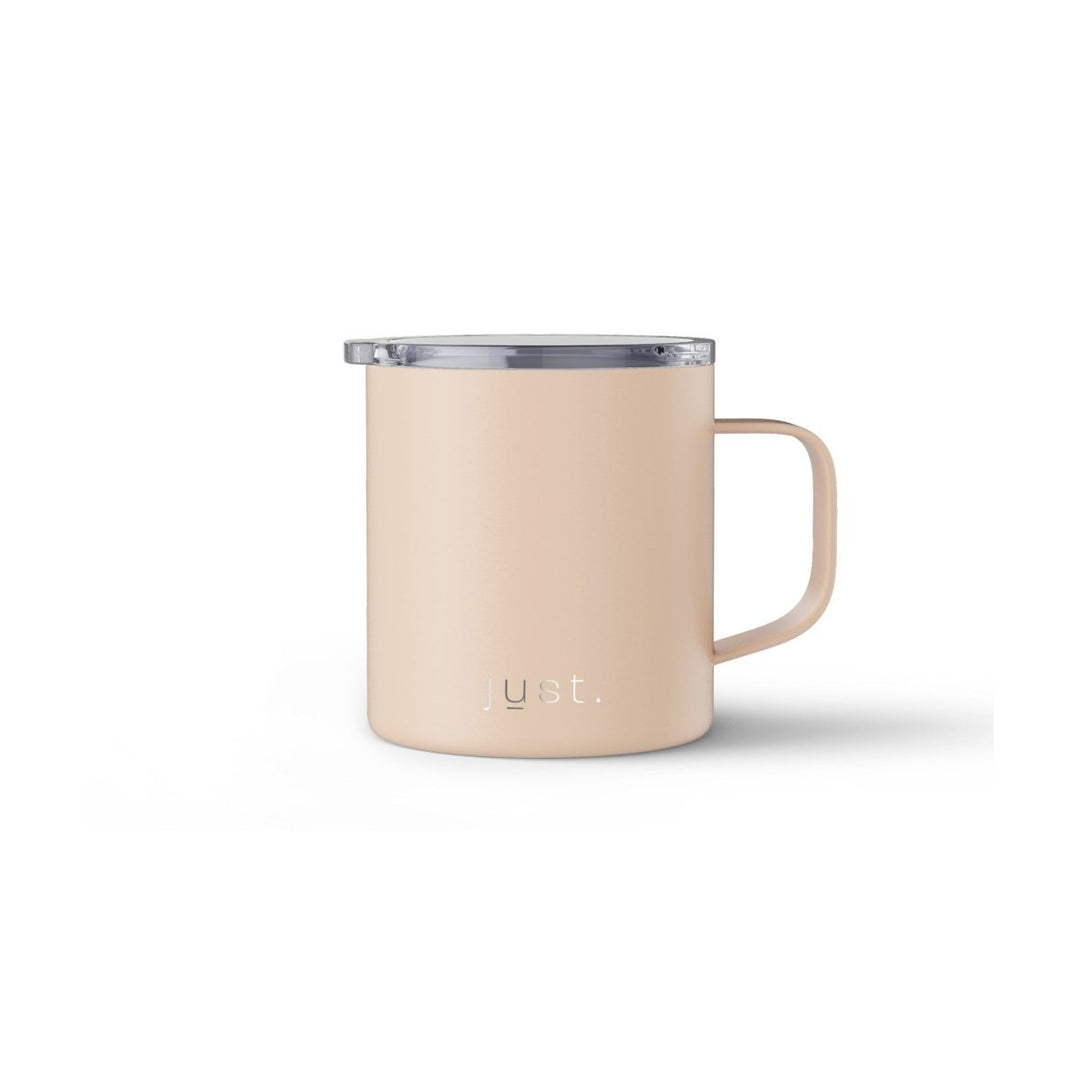Do Children Need a Kids Water Bottle for School?
As parents, we constantly receive information about what our children need and do not need. Deciding what our kids truly need can be tough with all the new gadgets and fashion trends out there.
One item that often comes up for debate is an insulated water bottle for school. Do kids need one? Let's explore the topic and more importantly, discover why hydration is so important for children at school.
Understanding the Importance of Hydration for Children
When maintaining good health, hydration is key for people of all ages. For children, proper hydration is especially crucial as their bodies are still developing and growing. Water plays a vital role in several aspects of children's health, from digestion to temperature regulation.
Encouraging children to drink an adequate amount of water is essential for their overall well-being. Fruits and veggies like watermelon, cucumbers and celery can help with daily hydration, but the most important factor is of course drinking enough water.
Children may not always realise when they are thirsty. Parents should make sure to give them water frequently. This is especially important during exercise and hot weather, where a reusable bottle that keeps drinks cold is essential.
The Role of Water in Children's Health
Water is essential for many bodily functions, including nutrient absorption and the body's waste removal.
It helps maintain a healthy digestive system and supports the growth and repair of cells and tissues in children's bodies.
Additionally, staying hydrated helps prevent constipation, which can be a common issue for young ones.

Proper hydration also aids in the regulation of body temperature, which is particularly important during school sports and outdoor play. This applies in cold weather but more importantly during summer, when it's easy to become dehydrated.
Sweating is the body's natural way of cooling down, and adequate water intake helps replenish the fluids lost through sweat. By ensuring that children drink enough water, parents can help prevent dehydration and heat-related illnesses.
Hydration and Cognitive Function in Kids
Studies have shown that hydration plays a significant role in cognitive function in children. Even mild dehydration can affect their attention span, memory, and overall cognitive performance.
By keeping your child properly hydrated throughout the day, you can help optimise their learning potential and promote better academic achievement.
In addition to water, adding hydrating snacks like yoghurt and smoothies into children's diets can also contribute to their overall fluid intake.
Being mindful of signs of dehydration, such as dark urine or dry lips, can help parents intervene early and ensure that their children remain adequately hydrated for optimal health and well-being.
The Benefits of Bringing a Water Bottle to School
Now that we understand the importance of hydration, let's explore why it is beneficial for children to have their own reusable water bottle at school.
Hydration is key to maintaining optimal health and well-being, especially for growing children. By having a water bottle readily available throughout the day, students are more likely to meet their daily water intake needs.
If kids can't get water during lessons, they might get dehydrated. Children often choose sugary drinks instead of water between lessons or at lunch. Having their own kids water bottle nearby can help them drink water regularly. This can encourage them to stay hydrated throughout the day.
As touched upon already, dehydration can lead to fatigue, difficulty concentrating, and even headaches, which can hinder a child's ability to learn and perform well in school.
Encouraging Regular Water Intake
Having a water bottle readily available throughout the day makes it easier for children to stay hydrated. With busy schedules and limited access to water fountains during school hours, having their own water bottle ensures that they always have a source of hydration nearby. This can lead to increased water consumption and better overall health.
Furthermore, staying properly hydrated can improve cognitive function and mood, helping students to stay focused and engaged in their studies.
By encouraging regular water intake through the use of a personal water bottle, parents and teachers can support children in reaching their full academic potential.
Reducing the Spread of Germs
Shared drinking fountains can be a breeding ground for germs and bacteria, especially in school environments. By providing bottles for kids, you can reduce their exposure to communal sources of water, minimising the risk of getting sick or spreading germs.
In addition to reducing the spread of germs, having a designated water bottle can also promote good hygiene practices.
Children are more likely to wash and refill their own water bottle regularly, instilling a sense of responsibility for their health and well-being, whilst also building sustainable habits.
This simple habit can have long-lasting benefits beyond just hydration, teaching children the importance of self-care and cleanliness.
Building Sustainable Habits
Encouraging kids to use reusable water bottles at school is a vital step in creating sustainable habits from a young age. By providing children with reusable bottles, we instil in them the value of reducing single-use plastic waste and the importance of environmental conservation.
When kids see their peers and teachers opting for reusable options, it creates a culture of sustainability within the school community. Also, using a reusable water bottle teaches children responsibility and ownership over their environmental impact, as they become actively involved in minimizing waste generation.
This practice also fosters a sense of stewardship towards the planet, as kids begin to understand the consequences of their actions on the environment. Additionally, incorporating reusable water bottles into school routines promotes awareness about the finite nature of Earth's resources and the need to conserve them for future generations.
As children form the habit of using reusable bottles, they are likely to carry this behaviour into their adulthood, leading to a more sustainable society overall.
Encouraging the use of reusable water bottles at school not only reduces plastic waste but also nurtures a generation of environmentally conscious kids committed to preserving our planet for years to come.
Choosing the Right Water Bottle for Your Child
Now that we've established the benefits of a water bottle for school, let's discuss how to choose the right one for your child.
It's essential to consider various factors to ensure you select the most suitable option that meets your child's needs and select a bottle that they actually want to use.
Further reading: The benefits and drawbacks of different water bottle materials
When selecting a water bottle, there are a few factors to consider. First, opt for a stainless steel water bottle instead of a plastic water bottle which may contain BPA.
BPA, or bisphenol A, is a chemical found in some plastics that can be harmful, especially for children. By choosing a BPA-free water bottle, you can provide a safer drinking option for your child.
Stainless steel is a material that is BPA free anyway, and good manufacturers make their lids from BPA-free materials to ensure they are safe for your child to use.
Additionally, consider the size and weight of the bottle, as it needs to be easy for your child to carry and handle throughout the day - look for bottles around 500ml/18oz in size which strikes the perfect balance.
Double walled vacuum insulation is a great feature when choosing steel water bottles. This handy feature keeps drinks cold all day, which is perfect for summer outdoor sports at school when they need a sip of cool water.
A lightweight and good sized bottle will ensure that your child can stay hydrated without feeling burdened by a heavy or bulky container.
We recommend 550ml or 18 oz as the perfect size for a kids water bottle, this balances having enough water at school with not being too heavy to carry.
Bottles with a wide mouth opening are the easiest to refill for kids, and even better, the easiest for you to clean when they get home.
Safety Features to Look for in a Water Bottle
Look for water bottles with leak-proof lids and spill-resistant designs to prevent any potential messes. Children can be quite active and may knock over their water bottles, so having a leak-proof lid can help avoid spills in backpacks or on desks.
Additionally, choose a bottle with a straw or a flip-top lid if the kids are young, as this makes it easier to drink from. For kids in middle school or above, a normal screw-top lid will be easy enough to open and close. Straw lids or flip-top lids make it convenient for kids to hydrate themselves without having to unscrew a cap, promoting independent hydration throughout the day.
Another important safety feature to consider is the material of the water bottle. Opt for bottles made from durable and impact-resistant materials to withstand the inevitable drops and bumps that come with being used by children. Again, high grade stainless steel is the perfect material for a long lasting kids water bottle.
Stainless steel or shatterproof plastic are excellent choices that can endure daily wear and tear. Bear in mind with plastic, there have been studies showing that it can leach chemicals into the liquid when exposed to sunlight or heat.
Moreover, consider bottles with insulation properties to keep water cool for longer periods, especially on hot days or during physical activities, only steel bottles offer vacuum insulation for this purpose.
Insulated bottles can help maintain the temperature of the water, ensuring that your child enjoys a refreshing chilled drink whenever they need it.
Addressing Common Concerns About Water Bottles in School
Now that we've covered the basics of water bottles for school, it's essential to address some common concerns that parents may have.
Ensuring that your child stays hydrated throughout the school day is crucial for their overall well-being and concentration.
While some parents worry that having a water bottle at school may become a distraction for their child or their classmates, it's important to strike a balance.
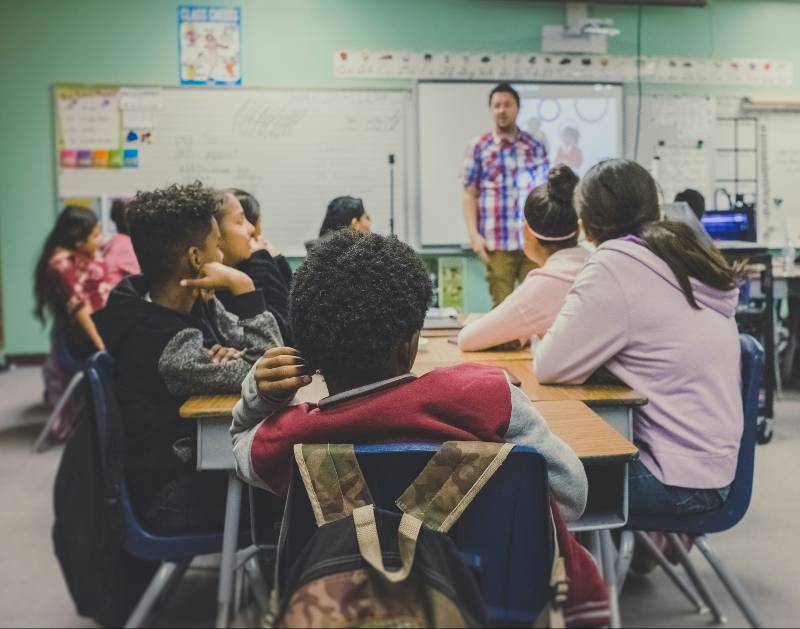
Encourage your child to take sips of water during designated break times rather than throughout the lesson. By setting boundaries, you can ensure that the water bottle remains a helpful tool rather than a hindrance.
Moreover, the type of water bottle your child uses can also impact their experience. Opt for a leak-proof and easy-to-open water bottle to prevent any unnecessary disruptions during class time. This way, your child can stay hydrated without causing any distractions.
Managing Lost or Forgotten Water Bottles
Losing or forgetting a water bottle can be a common issue for children, leading to potential dehydration throughout the day.
To mitigate this, consider labelling your child's water bottle with their name using a waterproof and durable marker. This simple step can significantly increase the chances of the water bottle being returned if misplaced. Alternatively, stickers can be used to personalise the bottle. This also encourages kids to use the bottle all day, if it's something that's unique to them.
Additionally, it's a good idea to keep a spare water bottle at home or in your child's bag as a backup. This ensures that even if one water bottle goes missing, your child always has access to water, promoting their health and well-being at school.
Tips for Encouraging Kids to Drink More Water
Having a water bottle for school is just one part of promoting healthy hydration habits for your child. Here are a few additional tips to encourage them to drink more water.
Make drinking water fun by adding fruits or herbs to create naturally flavored water. Providing your child with a colorful, fun, or character-themed water bottle can also make the experience more enjoyable. Stickers are a great way of doing this, that way they can choose their own and decorate the bottle how they like.
Additionally, setting a good example by drinking water yourself and offering it as the primary beverage option at home can encourage your child to follow suit. Getting in the habit of drinking water instead of sugary drinks will improve your health, and set a great example for the little ones.
Collaborating with Schools for Hydration Education
Engage with your child's school to promote hydration education. Encourage the implementation of water breaks or the provision of water stations to ensure children have easy access to drinking water throughout the day. By working together, we can create a healthier and more hydrated environment for our children.
In conclusion, while it is not a necessity, providing your child with a water bottle for school comes with numerous benefits. By ensuring they stay hydrated, you are supporting their overall wellbeing, cognitive function, and healthy habits. So why not equip your child with their own water bottle and help them sip their way to a healthier future?




